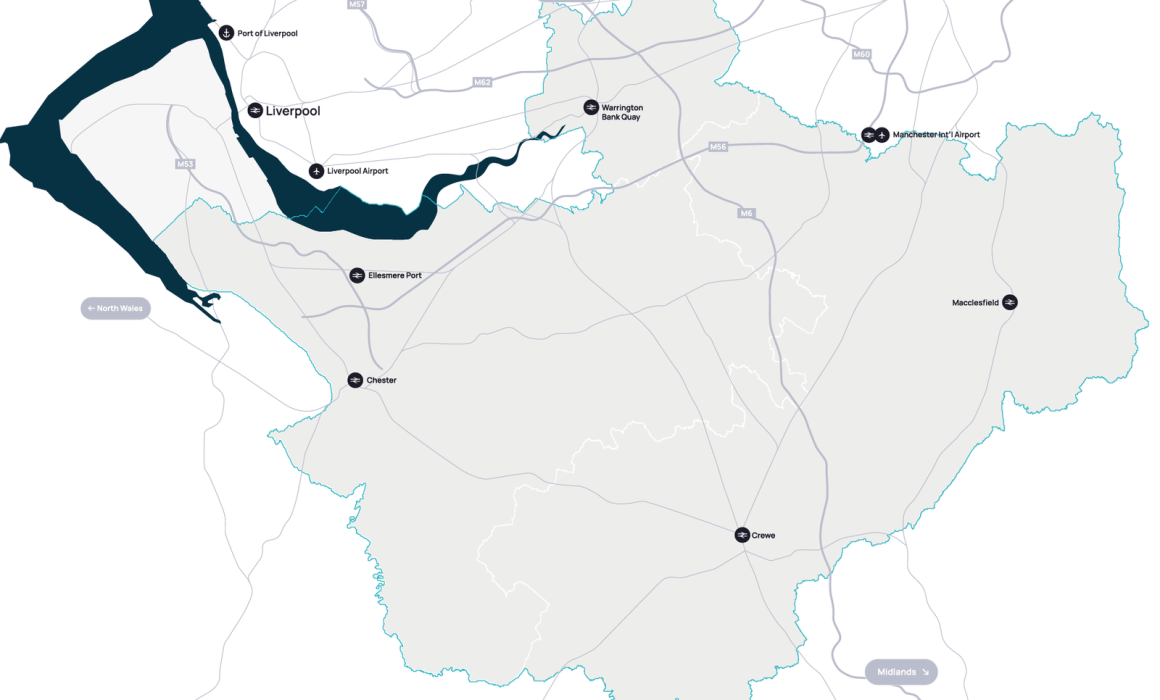Understanding Devolution in Cheshire and Warrington: Opportunities, Risks, and the Role of Communities
The UK Government is advancing plans to devolve more powers to local areas, with Cheshire and Warrington named as one of six regions in the Devolution Priority Programme. This move could reshape governance and service delivery across the sub-region, bringing greater autonomy and funding to local leaders. But what does this mean for rural communities, local councils, and community organisations?
What is being proposed?
Under the proposals outlined in the English Devolution White Paper, Cheshire East Council, Cheshire West and Chester Council, and Warrington Borough Council would form a Mayoral Combined Authority (MCA) led by a directly elected Mayor from May 2026. This new body would be responsible for functions such as:
- Transport (including bus franchising and rail coordination)
- Skills and adult education
- Housing and strategic planning
- Economic development
- Health improvement and public service reform
- Environment and climate resilience
A 30-year Investment Fund and other devolved funding streams would be provided to support these responsibilities, allowing the new Mayor to tailor spending to local priorities.
Cheshire Community Action’s Response
Cheshire Community Action (CCA) welcomes the principle of devolution and the creation of an MCA for Cheshire and Warrington, recognising the potential to formalise long-standing collaboration across the three councils. In its response to the consultation, CCA highlighted several key points:
- Support for the geography: The proposed area aligns with established community and service patterns and enables strategic coherence in tackling rural isolation, housing, and skills gaps.
- Call for VCFSE sector inclusion: With over 8,000 organisations, 135,000 volunteers, and significant economic impact, the Voluntary, Community, Faith, and Social Enterprise (VCFSE) sector must be embedded in decision-making—not just consulted.
- Economic potential: Community buildings and social enterprises already contribute significantly to local jobs and economic resilience. The MCA should see these as strategic assets.
- Service co-design: Social outcomes can be improved when the VCFSE sector co-delivers with councils, especially in rural and hard-to-reach areas.
- Reflecting local identities: CCA stresses the need to root devolution in genuine community engagement, using existing assets like community buildings, which serve as vital hubs.
ACRE Briefing: Risk and Opportunities for Rural Areas
The national rural charity ACRE (Action with Communities in Rural England) also shared a detailed briefing with its members on the implications of devolution for rural communities and voluntary organisations. Key insights include:
- Risks:
- Centralised control in new strategic authorities could marginalise rural voices.
- Poor communication and political infighting may reduce public trust.
- Governance structures that ignore the needs of smaller communities or bypass Parish and Town Councils risk alienating local populations.
- Opportunities:
- Devolution could enhance rural transport, housing, and regeneration strategies—if designed inclusively.
- Mayors could act as champions for rural issues, coordinating across larger geographies.
- There’s potential to revive strategic rural planning and partnership models from past regional arrangements, this time with stronger community input.
ACRE advocates for clearer rural representation, more transparency in planning, and sustained funding models that reflect the higher cost of delivering services in dispersed communities.
What Happens Next?
The Government will decide whether to proceed with legislation to establish the Cheshire and Warrington Combined Authority after reviewing consultation responses and ensuring the statutory criteria are met. If successful, the region would gain not just devolved powers, but also representation on national councils of mayors and regions.
Why it Matters
Devolution could bring real benefits to Cheshire and Warrington—better transport, more joined-up public services, stronger local voice. But success depends on inclusive governance and recognition of the value of local knowledge, rural expertise, and the community sector.
CCA will continue to champion rural and community interests in this evolving landscape, and encourages members, Parish Councils, and sector partners to stay engaged as plans progress.
For more information, contact:
John Heselwood, Cheshire Community Action
john.heselwood@cheshireaction.org.uk


